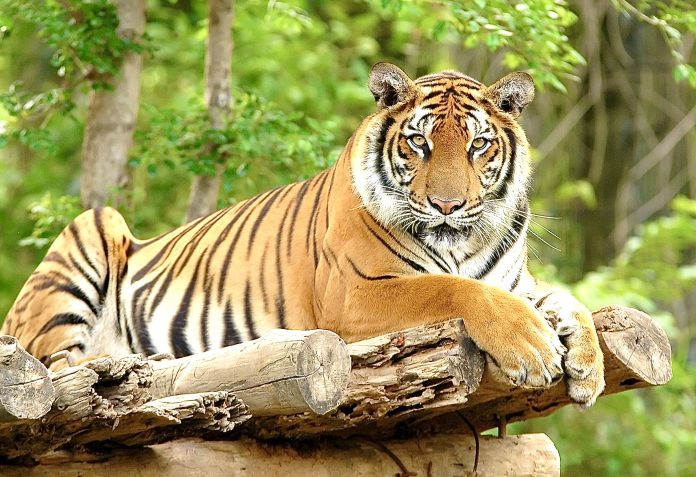Last week, U.S. Congressman Raja Krishnamoorthi reintroduced the bipartisan Animal Welfare Enforcement Improvement Act (AWEIA) to improve Animal Welfare Act (AWA) standards by strengthening the U.S. Department of Agriculture’s (USDA’s) licensing process for animal dealers and exhibitors.
“The Animal Welfare Act is a crucial piece of legislation for protecting animals, but it must be effectively enforced and that’s why reintroducing the Animal Welfare Enforcement Improvement Act is necessary,” Congressman Krishnamoorthi said in a statement. “This legislation will end rampant animal cruelty by increasing oversight and transparency of animal dealer and exhibitor licensing while ensuring that those who abuse animals don’t have the chance to do so again.”
Animal dealers and exhibitors — including circuses, zoos, educational displays, petting farms, wildlife parks, marine mammal parks, some animal sanctuaries, and commercial dog-breeders — are required to obtain a license and comply with the AWA. Dealers and exhibitors must renew their licenses each year. However, the current process relies on self-certification, and USDA’s stated policy is to rubber-stamp renewals, even in cases where the licensee is committing ongoing violations that endanger animals.
Unfathomably, according to Animal Welfare Institute (AWI) research, from 2016 to 2020, there was a 67% drop in the number of AWA inspections where citations were documented, New investigations plunged by nearly 90% during this period.
The Animal Welfare Enforcement Improvement Act strengthens AWA enforcement and the licensing process to hold dealers and exhibitors accountable. The Act has been endorsed by Animal Welfare Institute, American Society for the Prevention of Cruelty to Animals (ASPCA), Animal Legal Defense Fund, Humane Society of the United States, Humane Society Legislative Fund, People for the Ethical Treatment of Animals (PETA), and Physicians Committee for Responsible Medicine.
Key provisions of the legislation include:
-
Requiring animal dealers and exhibitors to renew their licenses annually, including a full pre-license inspection.
-
Inspections before issuing or renewing a license must be unannounced.
-
For initial applications, the applicant would have only two chances to pass an inspection. If any non-compliance is observed during the second inspection, the application would be denied, and the applicant could reapply after one year.
-
Renewal would require that the licensee have no more than one documented noncompliance with any standard for the humane care of animals during the previous two years.
-
-
Prohibiting USDA from issuing or renewing a license if the dealer or exhibitor has been found to have violated any federal, state, or local animal welfare law, or if the applicant is applying for a license to circumvent a state or local law prohibiting the private ownership of certain animals as pets.
-
Requiring the USDA to suspend the license of any dealer or exhibitor who commits a violation that presents a risk to animal welfare, and to permanently revoke the license (after notice and opportunity for a hearing) if the violation persists or the licensee has committed multiple violations.
-
Preventing dealers and exhibitors whose licenses are suspended or revoked from being granted another license under another business name or through a business partner or family member, or from being employed by another licensee to work with animals during the period of the suspension or revocation.
-
Authorizing citizen suits to enforce the Animal Welfare Act (similar to the Endangered Species Act and other major federal environmental laws).
-
Requiring the USDA to publish all inspection reports, enforcement records, and animal inventories online without redactions (as it did before February 2017)



